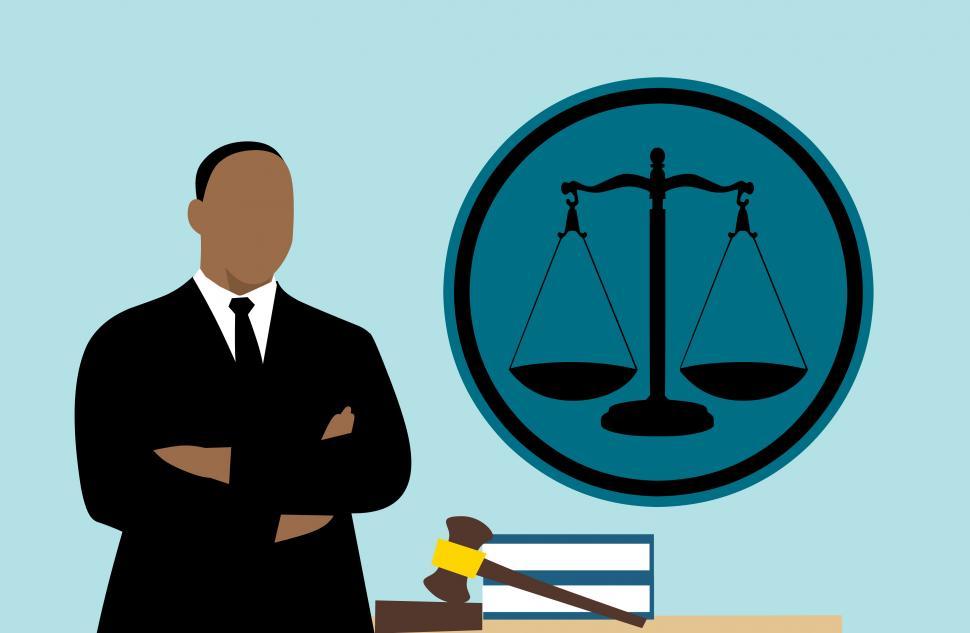Choosing the best lawyer might appear to be a daunting task, particularly if dealing with complex legal issues. Whether you find yourself dealing with a personal injury case, managing family law matters, or looking for assistance with estate planning, finding a lawyer who meets your needs is vital. A good lawyer possesses certain qualities that not only confirm they can manage your case effectively but also provide you with the support and guidance you seek during difficult times.
In this article, we will explore the essential traits that make a lawyer stand out. From their communication skills to their comprehension of various legal specialties, recognizing these qualities will allow you to arrive at wise decisions when pursuing legal representation. Additionally, we will present insights on what to look forward to during your first consultation and tips on how to select the right lawyer for your distinctive circumstances. Understanding these aspects will help clarify the legal process and direct you to the professional who can most effectively advocate for your interests.
Fundamental Legal Advice
Grasping your rights and obligations is crucial for all individuals, regardless of whether you are currently facing a legal issue or just want to be prepared for the future. One of the most important pieces of advice is to always read agreements carefully before you sign. Ensure that thecompletelawyer.com understand all the details, and do not be afraid to ask for explanation on any point that seems vague or unfair. This practice can prevent misunderstandings and potential legal disputes down the line.
A further essential tip is to document everything pertaining to your legal matters. Keep meticulous records of conversations, agreements, and any incidents related to your case. This information can be extremely useful if you require to present evidence to back up your assertions or defenses. Having organized records can help your attorney advocate better on your behalf and build a more compelling case.
Lastly, know when it's time to seek legal advice. Many people wait too long to speak to an attorney, believing they can resolve issues on their own. If you are confronted with a legal situation, whether it's a family dispute, a business matter, or an injury claim, don't hesitate to reach out for assistance from a lawyer. https://williford-harper.hubstack.net/a-progression-of-law-how-attorneys-adjust-to-change can often lead to better outcomes and might even help you avoid time and money in the future.
Choosing the Best Attorney
Selecting the appropriate attorney entails a careful evaluation of your individual legal needs. Various areas of law demand unique expertise, so it is crucial to find a lawyer who focuses in the relevant practice area. If you need support with personal injury, family law, criminal defense, or business matters, confirm the attorney has a established track record in that field. This targeted knowledge can greatly impact the conclusion of your case.
Another important aspect to consider is the attorney's communication style and level of accessibility. A qualified lawyer should be approachable and willing to explain difficult legal concepts in an comprehensible way. During your introductory consultation, pay attention to how well they listen to your concerns and answer your questions. You want an attorney who appreciates transparency and keeps you informed during the legal process.
In conclusion, take into account the attorney's reputation within the legal community and among their clients. Look for reviews, testimonials, or referrals from trusted sources. Grasping their history of successful outcomes can provide insight into their skill and reliability. A well-respected attorney not only brings their expertise to the table but also improves your credibility in negotiations and court proceedings.
Understanding Judicial Procedures
Maneuvering through the legal system can be a overwhelming task for numerous individuals, but understanding the basic steps can empower clients when faced with legal issues. From the moment a legal issue arises, it is crucial to acknowledge how the system operates. This includes understanding when to seek legal counsel, how to collect necessary information, and recognizing the timeframe involved in the case. Familiarity of these steps can help clients feel more in charge and ready.
As soon as you retain a lawyer, the first stages often include consultations to examine the merits of the case. During this time, attorneys will analyze your situation, guide you on potential legal strategies, and discuss what to anticipate moving on. Different cases may require specific information and steps, but the general goal remains to formulate a strong legal argument that can either be settled out of court or readied for trial. Awareness with these processes can diminish anxiety and provide clarity.
As your case progresses, understanding what happens at each stage—from uncovering evidence to trial—is critical. Being knowledgeable about the legal process guarantees that you understand what to foresee, how to organize for court sessions, and what information you need to actively participate in your case. Whether you are facing a personal injury, family law issue, or any other legal matter, knowledge of the legal processes enhances your ability to work together with your attorney and advocate for your rights.

